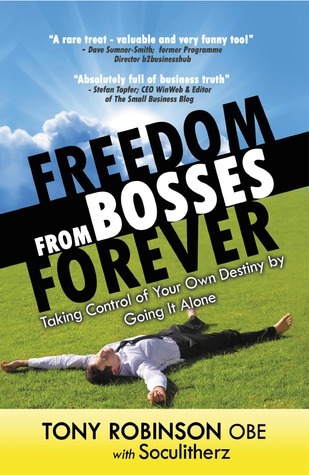
Rework
Book Description
Forget everything you think you know about business. "Rework" dismantles traditional ideas and challenges the status quo, offering a fresh perspective on work, productivity, and success. With sharp insights and bold assertions, this guide invites entrepreneurs and dreamers alike to embrace simplicity, prioritize action, and defy the grind. It discards unnecessary complexities and instead celebrates focus, efficiency, and innovation. Each page sparks a revolution in thought, igniting the fire to build something remarkable without the usual constraints. Are you ready to break the mold and redefine what it means to succeed?
Quick Book Summary
Rework by Jason Fried shatters conventional business wisdom, urging entrepreneurs and businesses to rethink how they work. The book champions simplicity, speed, and efficiency over elaborate plans, massive funding, and exhaustive meetings. Fried argues that starting a business doesn’t require grand strategies or countless resources; instead, it’s about creating value, executing ideas immediately, and embracing constraints as creative catalysts. Throughout, the book provides actionable advice on boosting productivity, minimizing bureaucracy, and focusing on real work that drives impact. Each punchy, concise chapter encourages readers to challenge status quo thinking, cast aside perfectionism, and adopt a more pragmatic approach to entrepreneurship. This unique blueprint empowers anyone, from startups to established leaders, to cut through noise, adapt quickly, and build innovative, successful businesses with confidence.
Summary of Key Ideas
Table of Contents
Embracing Simplicity and Action
Rework begins by dismantling the many myths that surround traditional business practices. The book asserts that elaborate planning, endless meetings, and the chase for external investment often slow businesses down. Instead of waiting for the perfect moment or drawing up exhaustive strategies, Fried suggests that successful entrepreneurs embrace action. By showing how progress follows execution rather than wishful thinking, Rework invites readers to simplify, start small, and make immediate, tangible progress.
Challenging Traditional Business Dogma
Building upon this foundation, Fried makes a strong case for rejecting conventional business dogma. He questions the assumed necessity of massive scale, long hours, or laser-like attention to competitors. The book highlights that constantly analyzing what others are doing often results in imitation rather than innovation. By advocating for original thinking and unorthodox approaches, Fried encourages readers to carve their own paths, focus on their customers, and avoid copying the tired methodologies of industry giants.
The Value of Constraints
A core theme throughout Rework is the power of constraints. Rather than treating limited time, money, and resources as hindrances, Fried argues they serve as creative catalysts. Constraints force teams to think critically, prioritize what matters, and find ingenious solutions to problems. This philosophy turns perceived weaknesses into strengths, fosters agility, and empowers organizations to get more impactful work done without being distracted by unnecessary complexities.
Prioritizing Productivity and Focus
Rework places heavy emphasis on productivity and focus. The book argues for eliminating unnecessary tasks and rethinking the role of meetings—which are often seen as the ultimate time wasters. Instead, Fried recommends clear communication, brief check-ins, and allowing uninterrupted blocks of time for real work. He also advises entrepreneurs to say no to distraction, resist the urge to chase every new opportunity, and instead zero in on what truly delivers value to customers.
Ultimately, Rework champions a philosophy of business that privileges doing over theorizing and simplicity over clutter. Each principle and anecdote serves as a practical guideline: build something useful, ship it fast, learn quickly, and iterate. The book advocates for continual learning, adaptability, and a willingness to break the mold. By following these ideas, entrepreneurs and leaders can create resilient, innovative companies that stand out and succeed in today’s fast-changing world.
Download This Summary
Get a free PDF of this summary instantly — no email required.





